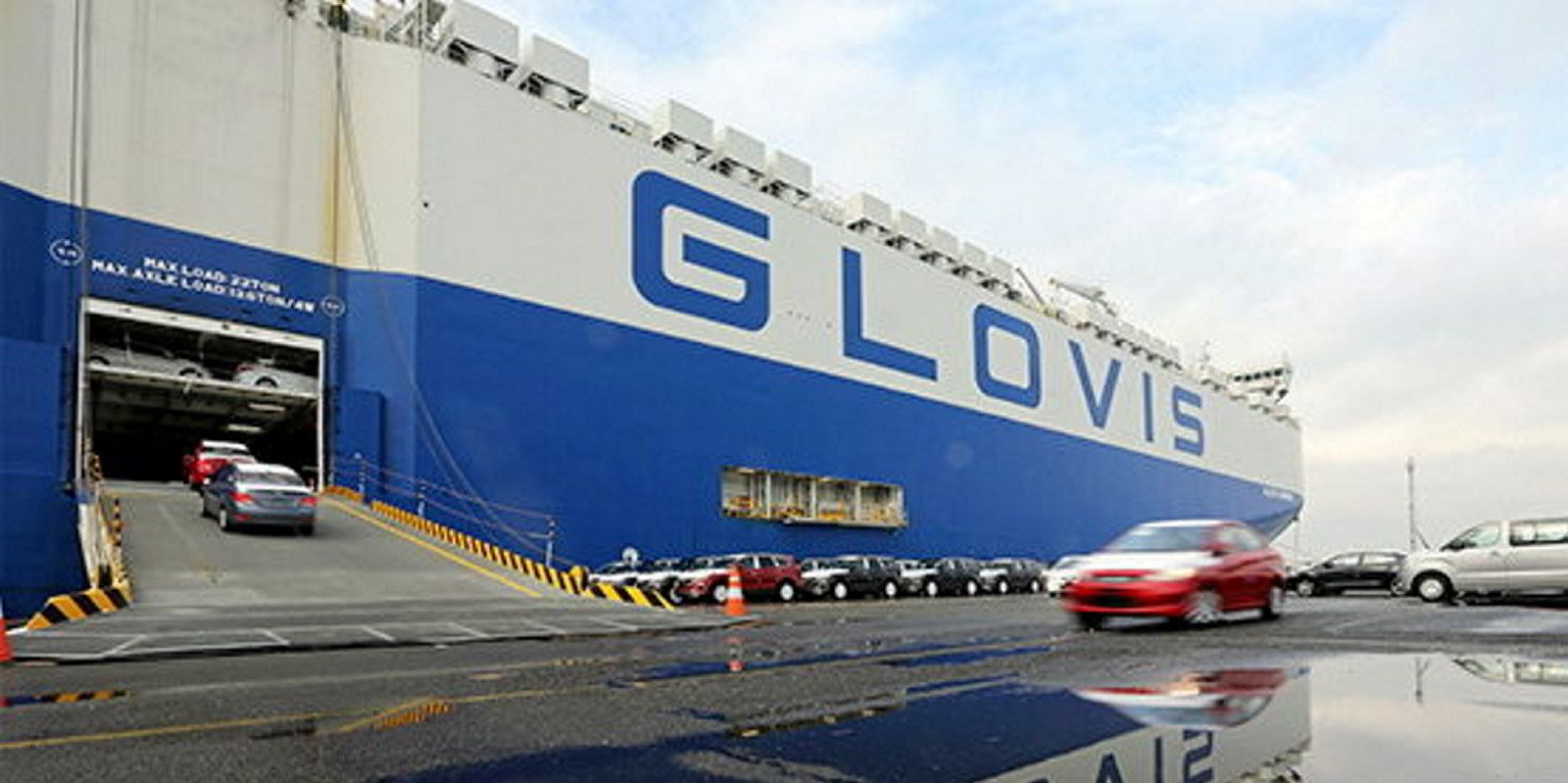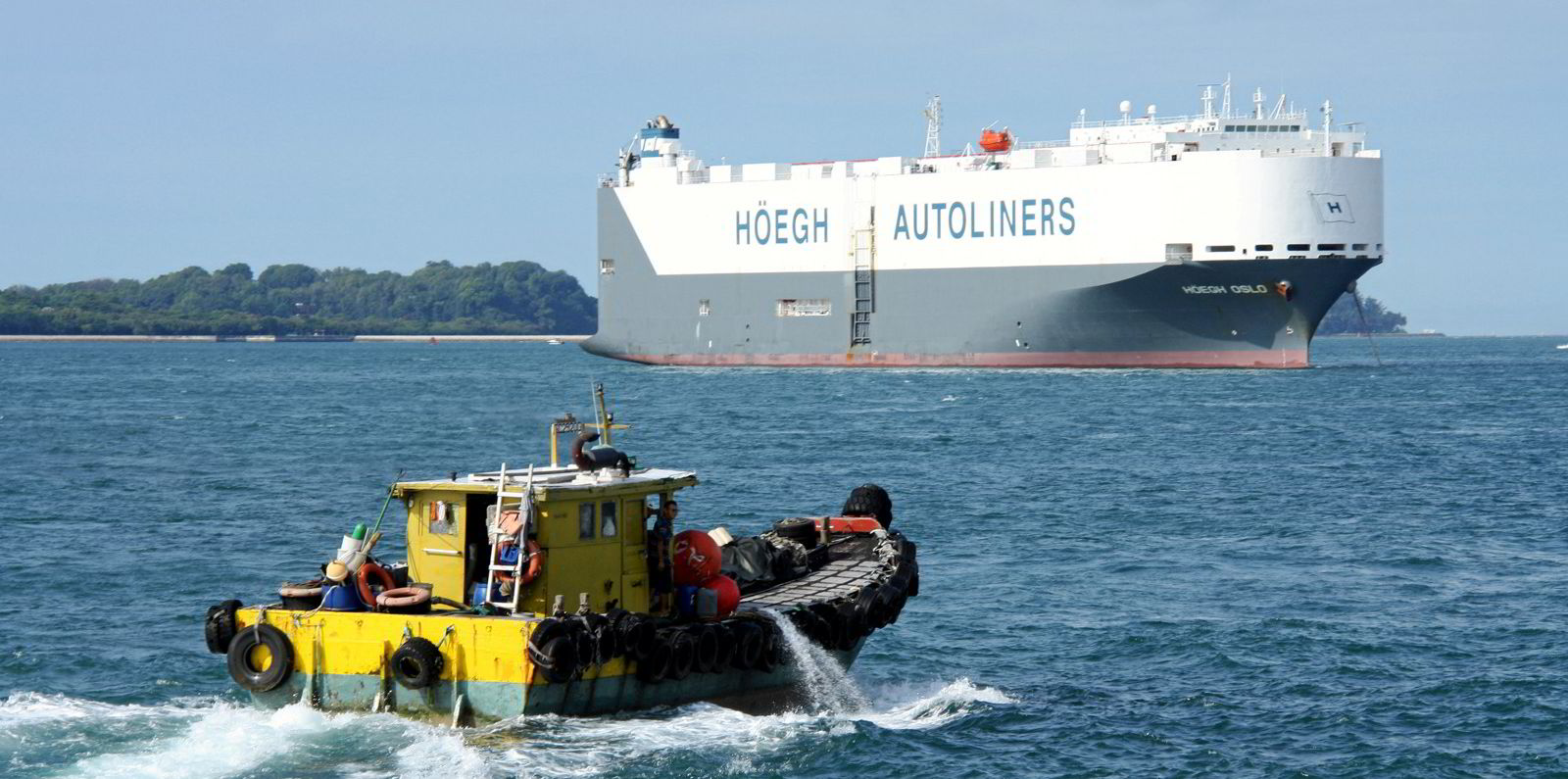Hyundai Glovis is stacking up the global car carrier orderbook with six newbuildings worth $750m.
The South Korean logistic and shipping company said on Thursday it will be building six LNG dual-fuel 10,800-ceu pure car/truck carriers as part of its mid to long-term strategy to ensure stable shipping and logistics services for its clients.
Hyundai Glovis did not disclose where the new car carriers will be constructed but said it will be taking delivery of the sextet by end of 2028.
The company said the total value of the newbuilding contract is $750m, or $125m per ship.
Shipping players believed the six vessels are part of the 20 vessel slots that Hyundai Glovis reserved at China’s Guangzhou Shipyard International (GSI) and Shanghai Waigaoqiao Shipbuilding (SWS) last year. It booked 10 slots at each shipyard.
Hyundai Glovis earlier novated four slots each to Canadian tonnage provider Seaspan Corp, South Korea’s HMM, Seaspan Hyundai Glovis and Korea Ocean Business Corp (KOBC). It is chartering back the 10,800-ceu newbuildings for 20 years.
HMM and Seaspan’s four ships will be built by GSI and SWS, respectively, while both shipyards will be building two vessels each for KOBC.
These 12 newbuildings are set for delivery between late 2026 and 2027.
The 10,800-ceu PCTC newbuildings are currently the largest to have been ordered.
Shipping players think Hyundai Glovis will be novating the six PCTC newbuildings to other companies, similar to an earlier batch of 12 ships.
Clarksons’ Shipping Intelligence Network shows the global PCTC orderbook stands at 196 vessels of which 22 will be operated by Hyundai Glovis.
Based in Seoul, Hyundai Glovis is a major car carrier operator and controls about 80 vessels, of which 32 are owned.
Car carrier sources said the company needs new tonnage as it did not renew charter contracts for several PCTCs that expired in recent months due to high rates.
Hyundai Glovis reported an operating profit of KRW 181.7bn ($131.8m) for the first quarter of this year, up 8.2% from a year earlier.
It said its shipping business accounted for an operating profit of KRW 82.5bn despite unfavourable market conditions, such as the global economic slowdown and the Israel-Gaza war-triggered geopolitical risks causing delays and suspensions in Red Sea operations.






